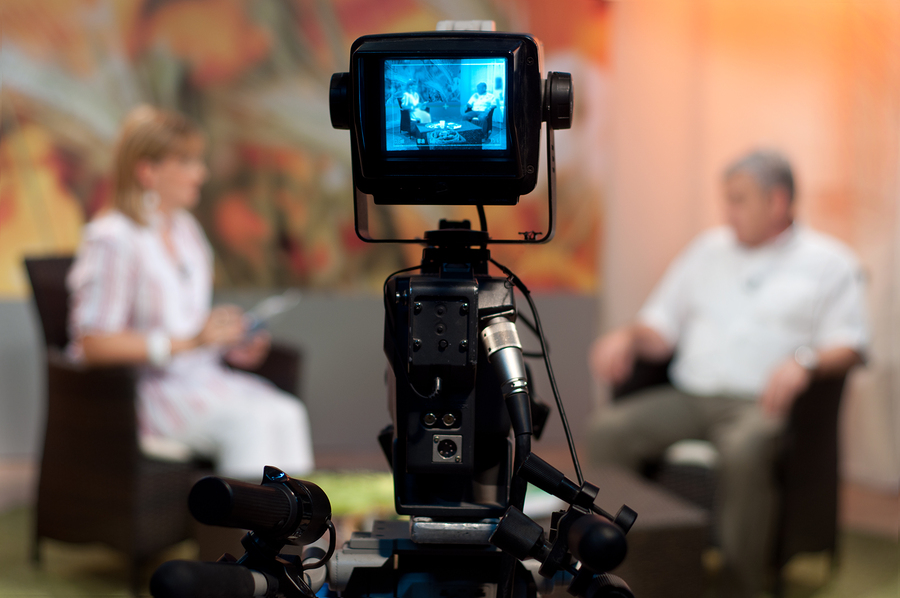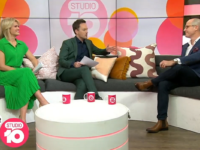More and more small-business people are recognising the power the media can play in accelerating the growth and brand recognition of their business. It’s difficult to place a dollar value on media coverage but there’s no doubt having your business or own name mentioned in the media (in a positive light) can bring new customers, raise a businesses’ profile and lift a businesses’ standing within its own industry.
Not too many small businesses or start-ups can afford the services of a PR firm to develop a comprehensive strategy and to provide on-going support and advice. As a result, there’s been a noticeable growth in the “DIY PR” industry. Many of the companies providing DIY PR training offer some good practical advice on how to prepare a media release, frame a story pitch and find target media. But what’s lacking with most of these training programs is one critical element. And that’s advice or training on how to deal with the media once they’ve shown some interest in a small businesses’ story or media release. Plus, there’s often very little form of on-going support or advice.
Getting the media interested in you and your business is just the first part of the journey – making a positive impression that reflects well on a business is the end-goal of every engagement with the media. And that’s when a well-intentioned plan to get media interest in a small business or its owner, can go pear-shaped – not only causing some potential embarrassment with family and friends, but more importantly, costing business customers and putting its hard-earned reputation at risk. If it’s clear they have little confidence in their ability to handle a live interview or have had some previous experiences that didn’t go well, we strongly advise they undertake media training.
Media training programs differ from trainer to trainer, but broadly speaking what you’ll gain from media training is an understanding of how each media platform works and what you might expect if called upon to comment on something or to talk about your business. Half of the battle with being confident in the media is about knowing what to expect. What will the studio set-up look like? How will I be introduced to a radio audience and how should I respond? What should I do when I’m asked a question outside my area of expertise? What happens when I’m asked to be interviewed; should I check to see what questions might be asked? And what should I do after the interview? How can I leverage the vision, audio or back-link?
If you’re fully confident with your ability in front of the camera, behind the mic in a radio studio or on the phone to a journalist, this advice wasn’t aimed at you. But if you have a desire to be in the media and have doubts about your media ability, or need to work on certain aspects of your media performances, take some time to explore media training options. Media Stable’s Media Training platform, for example, offers a range of trainers and training options across the country whether you’re a total beginner or an old hand wanting to brush up on your skills. Getting yourself media ready and media trained can propel you to a whole new level – so what are you waiting for?
Nic Hayes, Managing Director, Media Stable














